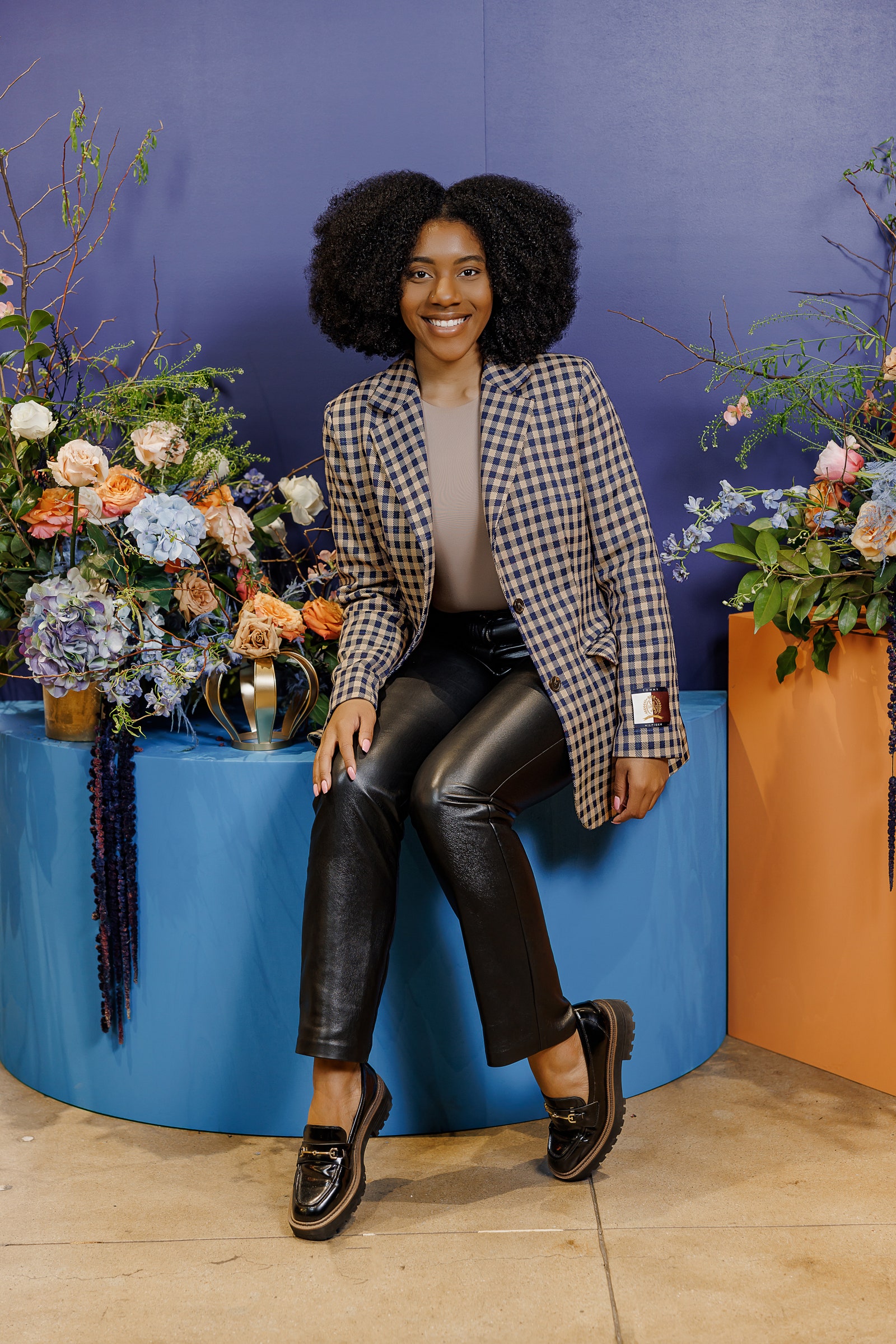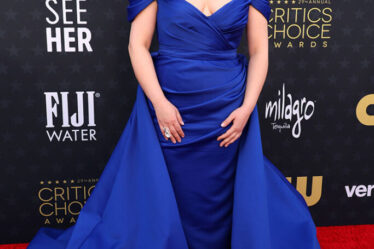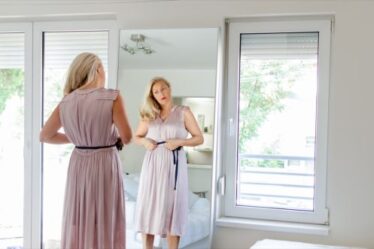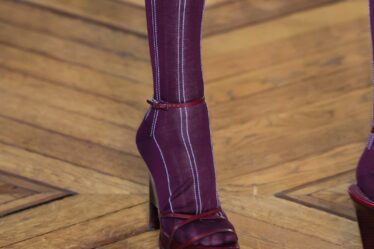
Julia Hyacinthe, a 25-year-old student at the Albert Einstein College of Medicine, felt like she was treated differently at school whenever she wore her hair straight. “Any time I straightened my hair, that’s when I got the most compliments growing up,” she says. “It always seemed like people had the nicest things to say about my hair when it was straight.” In an effort to embrace her natural hair, she tried wearing it out, but was immediately harassed and picked on. “In school, people would put things in my hair—stick stuff in it and see how long it would take to fall out. It was something that I ended up thinking so much about in a way that I don’t feel like other people have to.”
Three years ago, Hyacinthe decided to do the big chop. She felt happy with her choice, but panic crept in. “I was scared people would view me as more masculine, and I was briefly worried about no longer being able to straighten my hair to look more professional,” she says. “I was worried that people would find me less attractive with short hair since I feel like having long hair is definitely the beauty standard.”
She’s ultimately grateful for her decision. “That was a big move because there’s nothing I can do about it now. I can’t straighten my hair because I would look crazy. It has to be what it is, which has been empowering but also scary when I feel like I don’t have a way out.”
Like Hyacinthe, I had no way out of my headshot. After a long day at work, I didn’t have time to blow out my hair or get a long protective hairstyle–and I had to be okay with that. The next morning, I raked my favorite hair gel and cream combo—the Camille Rose Curl Maker and Curls Blueberry Bliss Restorative Leave-In Conditioner— through my curls. I picked out my hair for the utmost volume and laid my edges with the Eco Style Professional Styling Gel. Showing up with my natural hair felt intimidating, but that feeling vanished when I walked into the event and found myself surrounded by Black women with all hair textures and styles. I felt absolutely beautiful and proud of my hair as I sat down for my headshot.
However, there are thousands of people across the country who do not and cannot feel safe or confident in their natural hairstyle. Right now, the CROWN Act has been passed in 18 states, as well as in Washington, D.C., but there are 31 more states that don’t ban hair discrimination. Black women’s natural hair is a form of identity and community that deserves to be protected. Signing the petition for the CROWN Act is one way to get it passed until it’s recognized nationally.
The line between natural hair and professionalism will always be an uncomfortable tightrope for Black women to walk. Feeling comfortable about our hair—in all its forms and working environments—is a long and personal journey.



